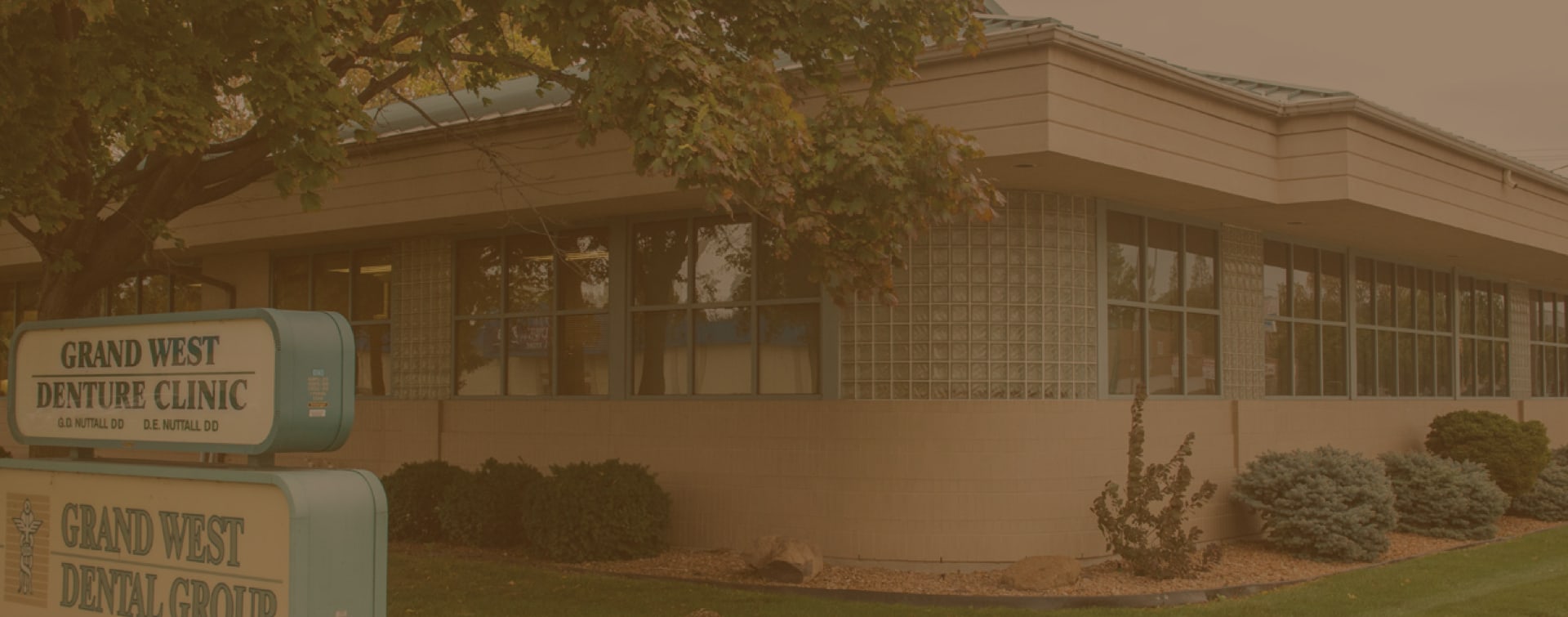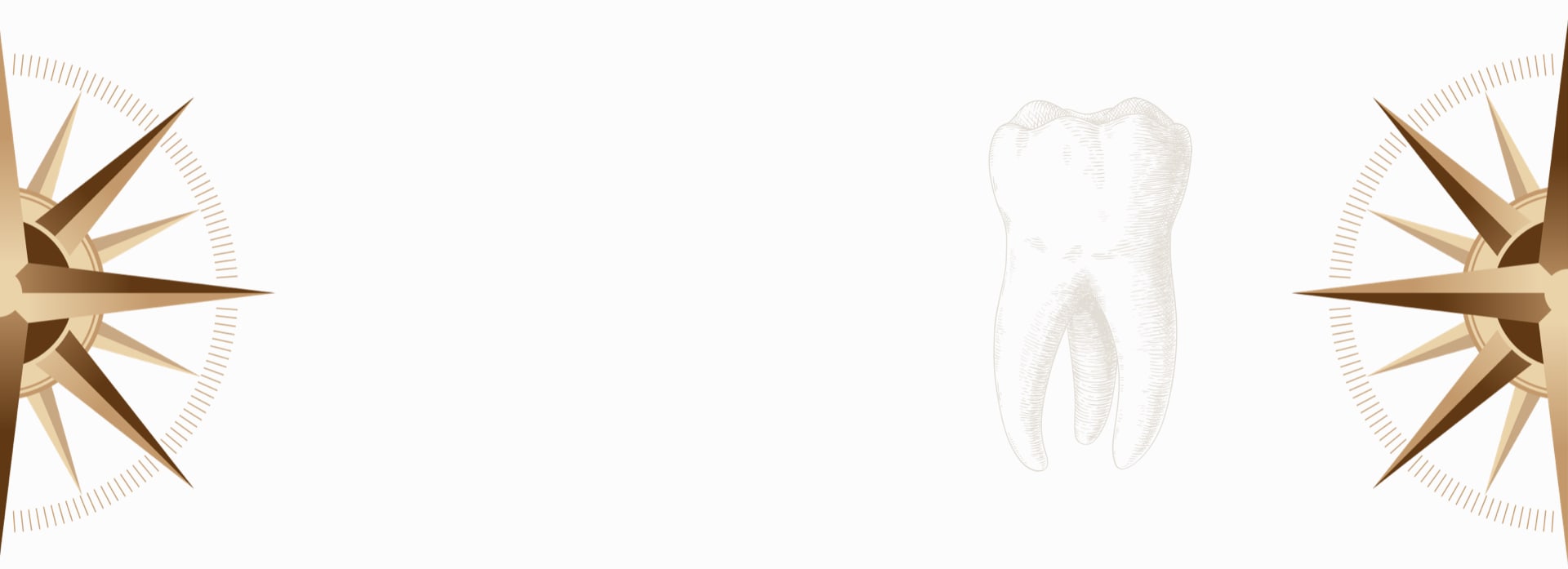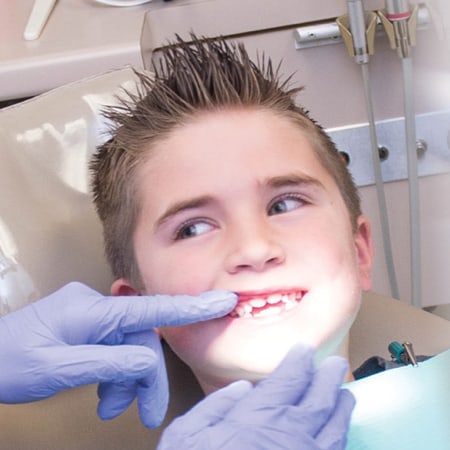Tooth discomfort that comes on suddenly and severely can be hard to ignore, especially when it starts affecting your daily life. An emergency tooth extraction is needed when discomfort, infection, or trauma makes it unsafe to delay treatment.
In cases of deep decay, a cracked tooth, or a worsening infection, removing the tooth may be the best way to prevent further complications. At Grand West Dental, we focus on relieving your discomfort quickly while protecting your long-term oral health. Our experienced team is ready to help you feel better with the care and attention you need when you need it.
What is an Emergency Dental Extraction?
An emergency dental extraction is the removal of a tooth due to discomfort, trauma, or an issue that cannot wait for a regular appointment. These situations often require immediate attention to alleviate symptoms and protect your oral health. While preserving your natural teeth is always a priority, an extraction can sometimes be the best course of action.
Common Reasons for Emergency Dental Extractions
Here are a few scenarios that may require a quick visit to your dentist for emergency extraction:
- Severe tooth decay: When tooth decay extends into the pulp and causes unbearable pain or infection.
- Trauma or injury: Teeth damaged during accidents or falls may need removal if they can’t be restored.
- Advanced gum disease: Severe gum disease can loosen teeth, making extraction necessary.
- Impacted wisdom teeth: Discomfort or infected wisdom teeth sometimes need to be removed urgently.
- Tooth infection or abscess: If untreated, an abscess can spread to other areas, leading to serious health risks.
Signs That Your Might Need an Emergency Dental Extractions
While only a dentist can make the final call, there are a few signs that you may need immediate dental care:
- Intense, persistent tooth discomfort
- Visible damage or fracture in the tooth
- Swelling in the gums or jaw
- A loose tooth caused by injury or advanced gum disease
- Fever combined with dental discomfort, which could indicate an infection
If you notice any of these symptoms, it’s time to contact your dentist promptly.
How Emergency Tooth Extraction Works
Understanding what to expect can ease your anxiety. At Grand West Dental, we’re here to provide a smooth and compassionate experience during your visit.
Assessment
Your dentist first examines the problem and takes X-rays to understand the tooth’s condition and surrounding structures. This helps determine if an extraction is necessary or if another treatment (like a root canal) is a better option.
Numbing the Area
We’ll check that the area around the affected tooth is completely numb using local anesthesia. Sedation options may also be available to make you more comfortable during the procedure.
Extraction
The dentist gently removes the tooth using special tools. If the tooth is severely damaged or impacted, the process may take slightly longer, but our skilled team ensures it’s done efficiently.
Stopping Bleeding
Once the tooth is removed, gauze is placed over the extraction site to absorb any bleeding. You’ll be given instructions to help the clot form properly.
Aftercare Instructions
Before you leave the office, we go over aftercare details to ensure a smooth recovery.
Aftercare Tips for Tooth Extraction
Proper aftercare is important for healing. Follow these tips to minimize discomfort and reduce the risk of complications:
- Manage discomfort: Use dentist-recommended over-the-counter painkillers or prescribed medication.
- Apply ice packs: Reduce swelling by applying ice packs to the outside of your cheek for short intervals.
- Avoid disturbing the clot: Don’t smoke, use straws, or rinse vigorously for the first 24 hours to protect the clot in the socket.
- Stick to soft foods: Eat soft, easy-to-chew foods like soups, yogurt, and mashed potatoes. Avoid hard or crunchy items.
- Practice Gentle Oral Care: Avoid brushing near the extraction site but maintain oral hygiene by lightly brushing other areas and using a saltwater rinse after 24 hours.
If you notice unusual symptoms like excessive bleeding, severe discomfort, or signs of infection (e.g., fever, foul taste or smell), contact your dentist immediately.
Why Regular Dental Checkups Matter
While emergencies can happen unexpectedly, many dental problems are preventable with routine checkups. Regular visits help catch issues like cavities and gum disease early, before they become severe. At Grand West Dental, we recommend scheduling appointments every 6 months for cleanings and exams.
Protect Your Smile, Book Today
Dental emergencies can feel intimidating, but you don’t have to face them alone. Whether it’s a sudden toothache, injury, or infection, Grand West Dental is here to provide the care and expertise you need.
Remember, taking quick action in the case of a dental emergency can safeguard your oral health and relieve discomfort when you need it the most. Got questions? Need an emergency appointment? Book an appointment today with our friendly team today.









